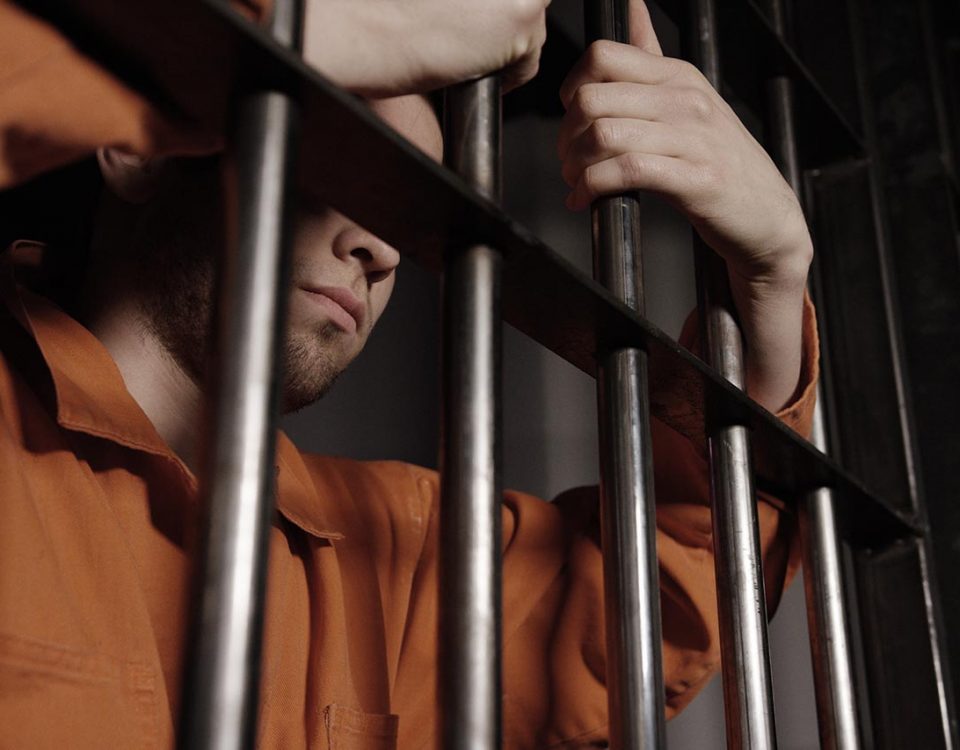Caffeine is a substance found in many drinks and foods.
Many people can’t get through their day without at least one cup of coffee in the morning or an energy drink. Drinking caffeine in recovery is also common, though rarely discussed. As a person is weaning off of their addiction, they may replace it with other substances, like caffeine. Although it’s a common practice, replacing one addiction with another isn’t the healthiest or safest way to recover.
At our rehab center in Palm Springs, we understand why people who are recovering from addiction tend to rely on other substances to assist them in the process. However, this can be dangerous and the best way to prevent addiction and relapse is with the proper substance abuse treatment.
What is Caffeine?
Caffeine is a drug that acts as a stimulant to speed up the signals sent between the body and the brain. Caffeine is used in a variety of products like coffee, energy drinks, chocolate, and sodas. Caffeine is often consumed at high rates, which can lead to uncomfortable and harmful side effects. Because caffeine is a stimulant, it’s important to keep in mind there is no safe level of drug use, and even ingesting the smallest amount of caffeine can produce side effects.
At Banyan Treatment Centers Palm Springs, we encourage people who want to overcome their addiction to seek the right treatment instead of incorporating replacements like drinking coffee while in recovery. Anyone battling with substance abuse is advised to begin their treatment with our residential detox.
What Are the Effects of Caffeine?
Caffeine is one of the most ingested substances in the world and affects many people every day. Regardless of how common it is, it’s not necessarily safe to consume. Caffeine can produce uncomfortable and severe side effects that can lead to future health problems.
Some side effects of caffeine include:
- Anxiety
- Irritability
- Tremors
- Diarrhea
- Confusion
- Hallucinations
- High blood pressure
- Irregular heartbeats
- Increased risk of miscarriage
- Bladder problems (frequent urination)
- Muscle aches
- Heartburn
- Increased risk of osteoporosis
Drinking caffeine in early recovery might seem reasonable to someone who just began their sobriety process, but it can lead to a caffeine addiction, and cause other hazardous symptoms. Long-term use of caffeine can also increase your risk of developing conditions like osteoporosis in the future. In our residential treatment program, we help our patients recover from substance abuse in a safe and effective manner and environment.
Avoiding Caffeine in Recovery
Replacing one addiction with another is not the way to recover or reach sobriety. Many people might think drinking or taking caffeine is not a big deal, but it can cause some serious damage and encourage behaviors associated with substance abuse. The best thing you can do for yourself while you’re working on your recovery or sobriety is to utilize the skills and tools you were taught during your substance abuse treatment. Don’t risk developing a dependency on another substance.
Our dedicated and professional staff at Banyan Palm Springs does not recommend drinking caffeine in recovery, but rather receiving the proper substance abuse treatment. We’ve witnessed many individuals struggle with various forms of addiction, and advise those who want to get sober to receive treatment with one of our various levels of care.
If you or a loved one are struggling with substance abuse, call us now at 888-280-4763 to get treated and get sober.
Related Reading:Fighting Temptation in Recovery
Breaking the Relapse Cycle
How to Stay Motivated in Recovery









